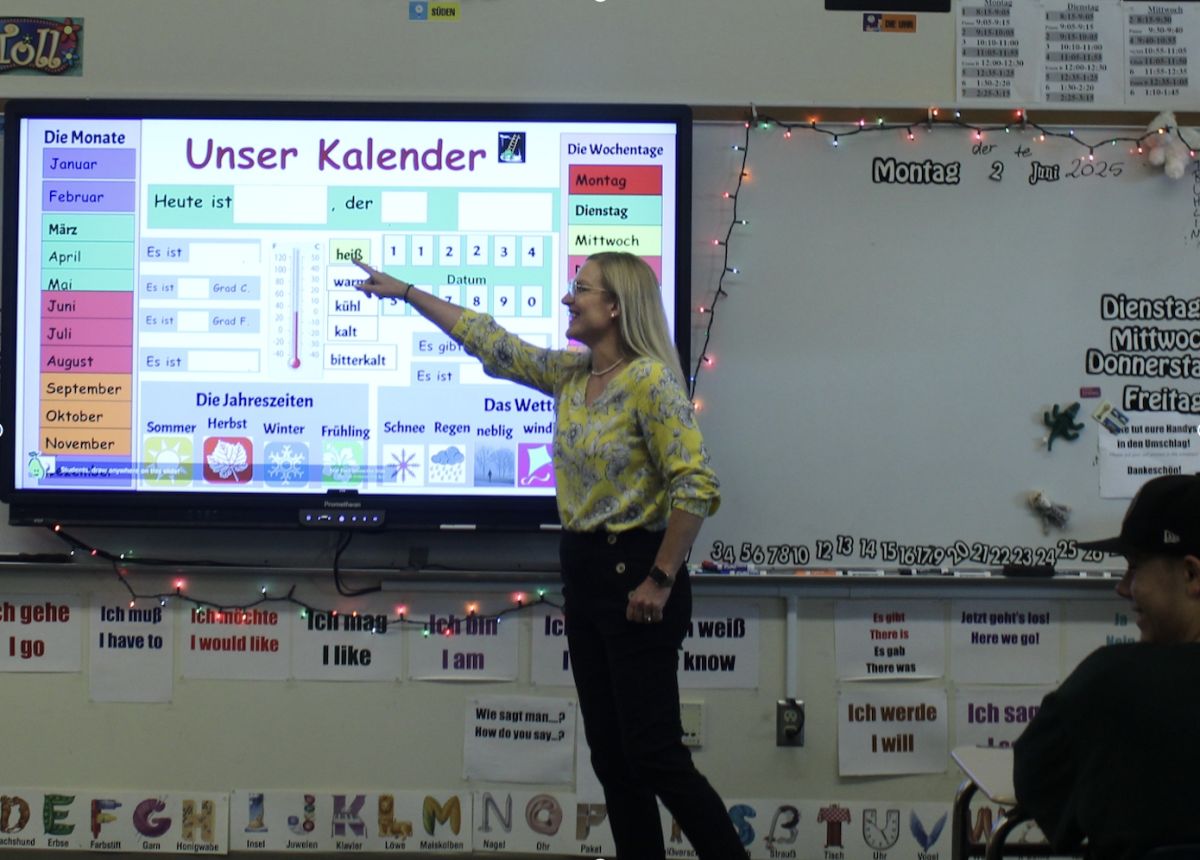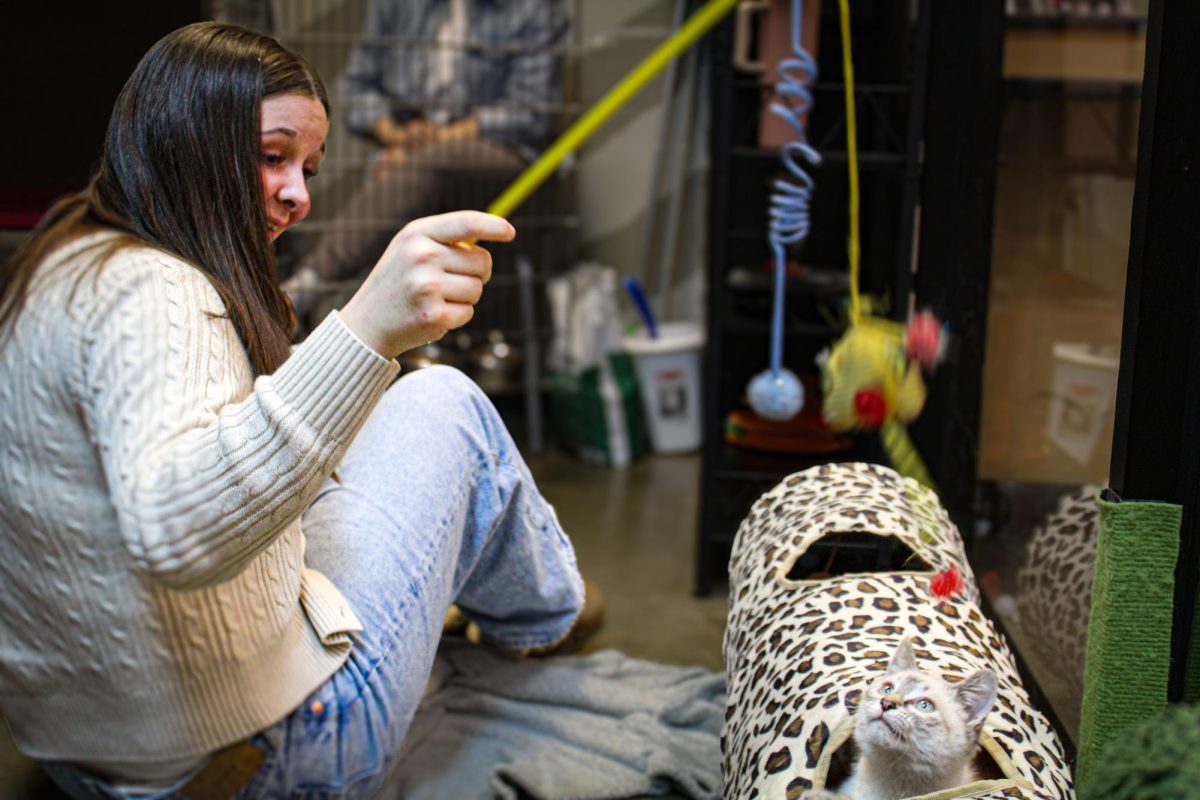As the holiday season has begun all over the world, the number of COVID-19 cases worldwide has started to rise at a dangerously rapid rate again. Governments are grappling with the major increase, which experts have now named the “Second Wave.”
William C. Shiel Jr., a medical professor from the University of Notre Dame, defines the second wave as a phenomenon of infections that can develop during a pandemic.
“The disease infects one group of people first. Infections appear to decrease. And then, infections increase in a different part of the population, resulting in a second wave of infections,” he said.
A major factor in this trend is human behavior and the steps a government takes to react to the pandemic. Although communities have begun to reopen and people have resumed some of their regular activities, the number of infected remains high. As a consequence of the slight leniency in policy, the number of coronavirus infections have increased.
Another factor in the battle against COVID-19 is the delay that occurs between the change in policies and its consequences.
“An increase in the number of COVID-19 cases or hospitalizations will not be seen a week or even two weeks later. It seems to take much longer, perhaps as many as six to eight weeks, for effects of a policy or widespread behavior change to appear in the population-level data.” wrote John Hopkins University in a study.
As a result, progress against the virus has hindered all across the globe. According to the World Health Organization, Europe has already initiated their second lockdown in order to prevent an expansive outbreak of COVID-19. Results from such efforts show that the second wave of the coronavirus has started to become more moderate. Belgium, France and Czech Republic, who have had some of the largest outbreaks, have also seen a drastic fall in infections as a result of recent restrictions.
Nonetheless, statistics by the World Health Organization highlight that someone in Europe dies every 17 seconds from COVID-19. Hospitals remain at full capacity, deaths in the European community continue to increase and the mask-wearing population remains below 60%.
Spain averages 222 new cases a day, and Berlin has reported that the number of patients in need of intensive care treatment has climbed from 655 in mid-October to 3,651 on Nov. 18. Even Italy, whose government was recently applauded for their tactical response, has seen an increase in cases, with three times the number of deaths they had during the second week of November.
“We are seeing increasing signals related to overwhelmed health systems, with reports that in France, for example, intensive care wards have been at over 95 percent capacity for 10 days,” said Hans Kluge, the WHO’s regional director for Europe at a news conference on Nov. 19.
England was in lockdown till Dec.2, and all nonessential businesses were closed. On Dec 2, England, Scotland, Wales, and Northern Ireland brought out new tiers and restrictions for the rest of the year. Still, most nations, including Britain, emphasise that students, especially those in the 10 to 12-year-old age group, should continue to go to school, even though adults are being told to work from home.
“Children and adolescents are not considered primary drivers of transmission, and, as such, school closures are not considered to be an effective measure for the control of COVID-19,” Kluge said.
However, new contradicting statistics indicate that the majority of recent infections in Germany are among high school students. This policy differs from the American government’s, where various states like New York are once again closing schools while keeping indoor places like gyms and restaurants open.
Similar to the USA, European leaders are urging their citizens to remain in quarantine during the holidays.
“At Christmas, the coronavirus will still be there. And people will not be vaccinated. We will still be dangerous to each other. We have to have the courage to admit it,” Belgian Prime Minister Alexander De Croo said.
Many government officials are also fearful of the effect the flu season would have on the fight against COVID-19. Spanish Health Minister Salvador Illa said that it will be a prolonged winter and the fact that the second wave is occurring during the same time other respiratory viruses like the flu spread is hazardous for the public as well.
German Chancellor Angela Merkel has aimed to create stricter sanctions, cautioning that it will be a risky winter, and the epidemic’s repercussions will be more aggressive in the upcoming months.
Meanwhile, Mexico continues to struggle with cases, with the number of deaths rapidly rising. According to the New York Times, Mexican officials report at least 1.08 million cases as of Nov. 28.
Mexico has one of the lowest rates of testing in the world. The Mexican government believes that it is “unnecessary,” leading many international officials to be skeptical of the given statistics and fearful of how catastrophic the spread in Mexico really is.
“Yes, we are afraid of another wave because we don’t know how big it could be,” said Sergio González Romero, the Health Secretary of the city of Durango.
In the United States, the total number of infections have reached new heights, with more than 13.2 million cases and 265,000 deaths. Accordingly, Governor Inslee and the state administration in Washington have applied restrictions from Monday, Nov. 16 until Monday, Dec. 14. These policies reiterate the guidelines implemented during the first wave, such as limiting the number of people allowed in indoor facilities and banning indoor dining.
In a recent study in New York, experts discovered that the probability of death among coronavirus patients was down 18% from spring, proving that there is better knowledge about the virus. This has aided medical staff while creating viable new treatments and government officials when taking measures to prevent its spread.
There has also been a great deal of development in the vaccines sector. On Dec. 2, Matt Hancock, the Secretary of State for Health and Social Care for England informed in Parliament that the UK has backed 7 vaccines, and ordered 357 million doses, one of the biggest portfolios per capita in the world. This new progress gives hope to all of humanity.
Dr. Anthony Fauci, the top U.S. infectious diseases expert, requested the public to “double down” on health measures like social distancing, the wearing of masks, and washing hands.
“Hang on,” he said. “The calvary is coming, but don’t put your weapons down yet.”

















